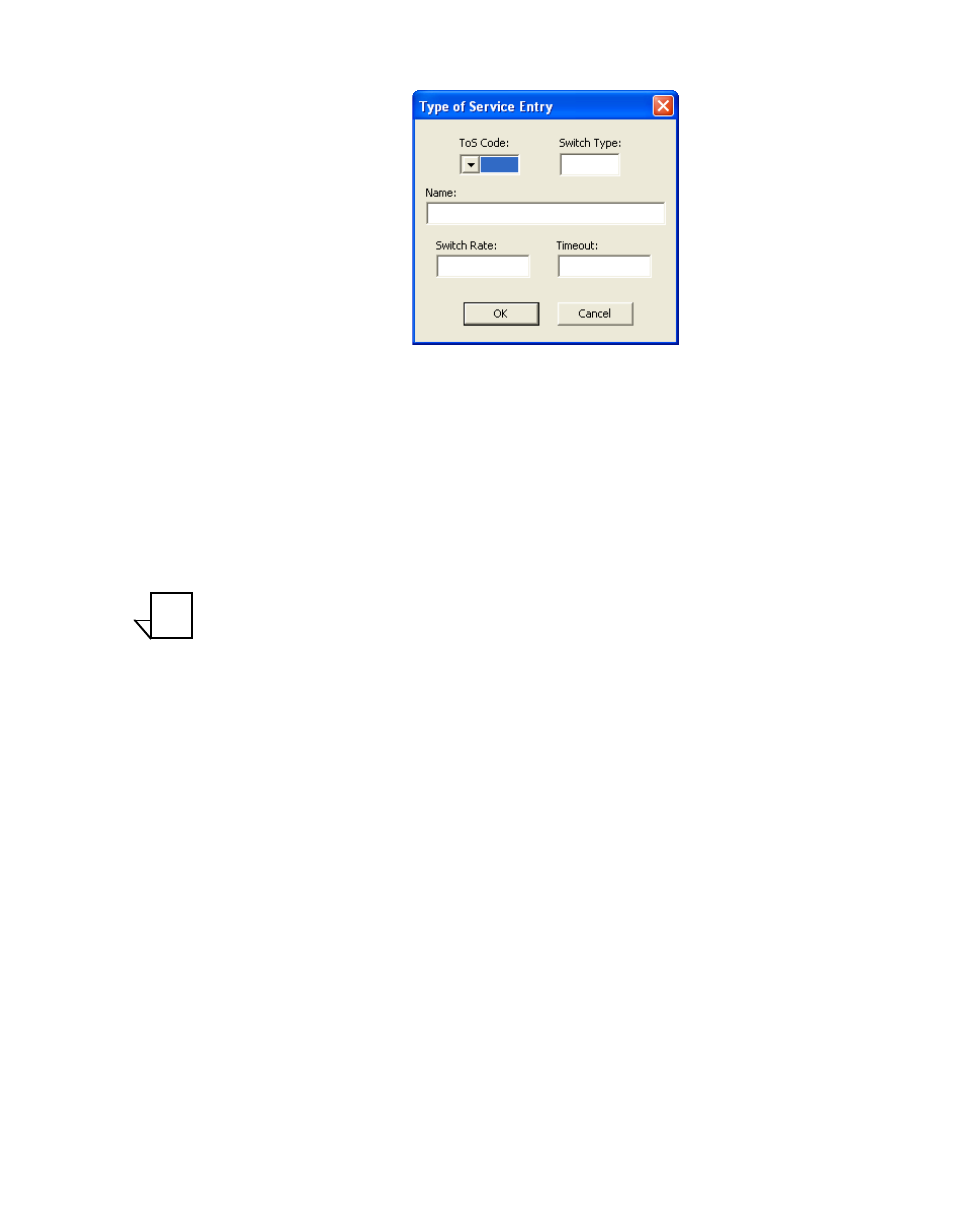Figure 2-30 type of service entry -44 – Comtech EF Data CDM-570/L Vipersat Parameter Editor User Manual
Page 60

Vipersat
2-44
CDM-570/L, CDD-56X Parameter Editor User Guide
Figure 2-30 Type of Service Entry
Using the drop-down menu in the ToS Code box, select the number identifying
the type of service to be made. Numbers from 1 to 63 are recognized by the
VMS as ToS codes.
In the Switch Type box, enter the number to assign for this switch type.
Numbers from 64-254 are recognized as switch types, with switch type 254 pre-
assigned for limited priority switching. Switch type 1 is pre-assigned for Voice
and switch type 2 is pre-assigned for Video.
Note: Setting the switch type value to 254 will not allow any other switches to
occur until it is taken down. The 254 switch type affects all types of
switching including ToS, VESP, and QoS. While a 254 type switch is in
effect, the VMS continues to track switching requests then will resize to
meet these bandwidth requests when the 254 type switch is completed.
In the Name box, enter the identifying name for the ToS switch type that is
being created.
The Switch Rate (kbps) can be any value between 0 and 5000. Realistically in
an operating circuit, depending on the settings for modulation and FEC, this
value should not exceed 9.98 MHz.
The Timeout (seconds) can be any value between 0 and 60 and is the value
used to determine how long that no data is detected before closing the circuit.
Normally in a non-encrypted Vipersat network, packets are classified by the
remote CDM-570/570L using protocol classification detection and the results
are forwarded to the VMS via Automatic Switch Request (ASR) messages. The
VMS switch detector service then applies the requested bandwidth using poli-
cies which have been pre-configured in the VMS.
For example, in a non-encrypted network, if a voice application service connec-
tion is started, the CDM-570/570L’s classifier analyzes signaling and data
protocols (H.323, SIP, & Data RTP) being routed through the modem. After
NOTE
